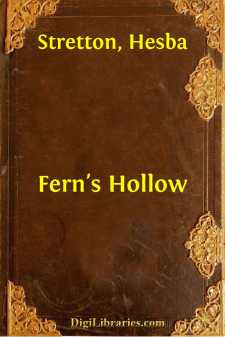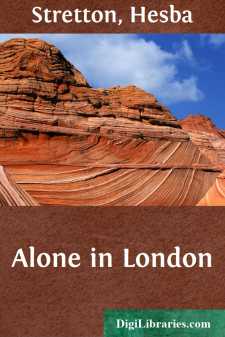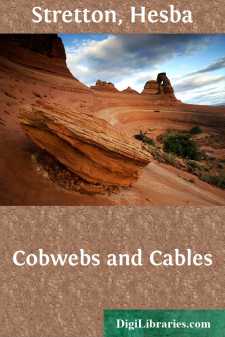Categories
- Antiques & Collectibles 13
- Architecture 36
- Art 48
- Bibles 22
- Biography & Autobiography 813
- Body, Mind & Spirit 142
- Business & Economics 28
- Children's Books 17
- Children's Fiction 14
- Computers 4
- Cooking 94
- Crafts & Hobbies 4
- Drama 346
- Education 46
- Family & Relationships 57
- Fiction 11829
- Games 19
- Gardening 17
- Health & Fitness 34
- History 1377
- House & Home 1
- Humor 147
- Juvenile Fiction 1873
- Juvenile Nonfiction 202
- Language Arts & Disciplines 88
- Law 16
- Literary Collections 686
- Literary Criticism 179
- Mathematics 13
- Medical 41
- Music 40
- Nature 179
- Non-Classifiable 1768
- Performing Arts 7
- Periodicals 1453
- Philosophy 64
- Photography 2
- Poetry 896
- Political Science 203
- Psychology 42
- Reference 154
- Religion 513
- Science 126
- Self-Help 84
- Social Science 81
- Sports & Recreation 34
- Study Aids 3
- Technology & Engineering 59
- Transportation 23
- Travel 463
- True Crime 29
Our website is made possible by displaying online advertisements to our visitors.
Please consider supporting us by disabling your ad blocker.
Fern's Hollow
by: Hesba Stretton
Description:
Excerpt
THE HUT IN THE HOLLOW.
Just upon the border of Wales, but within one of the English counties, there is a cluster of hills, rising one above the other in gradual slopes, until the summits form a long, broad tableland, many miles across. This tableland is not so flat that all of it can be seen at once, but here and there are little dells, shaped like deep basins, which the country folk call hollows; and every now and then there is a rock or hillock covered with yellow gorse bushes, from the top of which can be seen the wide, outspread plains, where hundreds of sheep and ponies are feeding, which belong to the farmers and cottagers dwelling in the valley below. Besides the chief valley, which divides the mountains into two groups, and which is broad enough for a village to be built in, there are long, narrow glens, stretching up into the very heart of the tableland, and draining away the waters which gather there by the melting of snow in the winter and the rain of thunderstorms in summer. Down every glen flows a noisy mountain stream, dashing along its rocky course with so many tiny waterfalls and impatient splashes, that the gurgling and bubbling of brooks come up even into the quietness of the tableland and mingle with the singing of the birds and the humming of the bees among the heather. There are not many paths across the hills, except the narrow sheep-walks worn by the tiny feet of the sheep as they follow one another in long, single lines, winding in and out through the clumps of gorse; and few people care to explore the solitary plains, except the shepherds who have the charge of the flocks, and tribes of village children who go up every summer to gather the fruit of the wild and hardy bilberry wires.
The whole of this broad tableland, as well as the hills, are common pasture for the inhabitants of the valleys, who have an equal right to keep sheep and ponies on the uplands with the lord of the manor. But the property of the soil belongs to the latter, and he only has the power of enclosing the waste so as to make fields and plant woods upon it, provided always that he leaves a sufficient portion for the use of the villagers. In times gone by, however, when the lord of the manor and his agent were not very watchful, it was the practice of poor persons, who did not care how uncomfortably they lived, to seek out some distant hollow, or the farthest and most hidden side of a hillock, and there build themselves such a low, small hut, as should escape the notice of any passer-by, should they chance to go that way. Little by little, making low fences which looked like the surrounding gorse bushes, they enclosed small portions of the waste land, or, as it is called, encroached upon the common; and if they were able to keep their encroachment without having their hedges broken down, or if the lord of the manor neglected to demand rent for it for the space of twenty years, their fields and gardens became securely and legally their own. Because of this right, therefore, are to be found here and there little farms of three or four fields a-piece, looking like islands, with the wide, open common around them; and some miles away over the breezy uplands there is even a little hamlet of these poor cottages, all belonging to the people who dwell in them....





